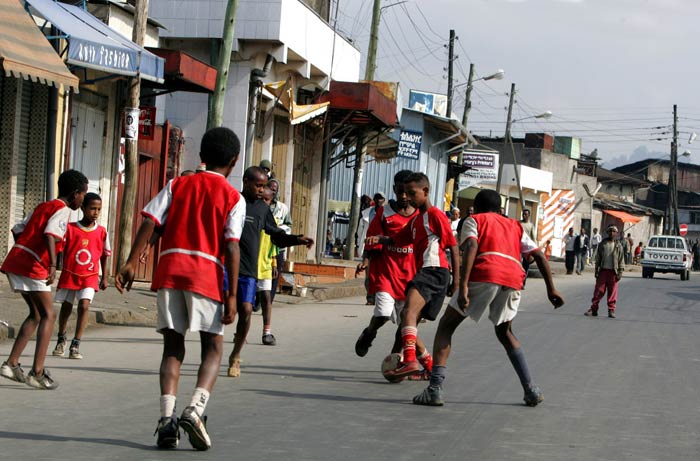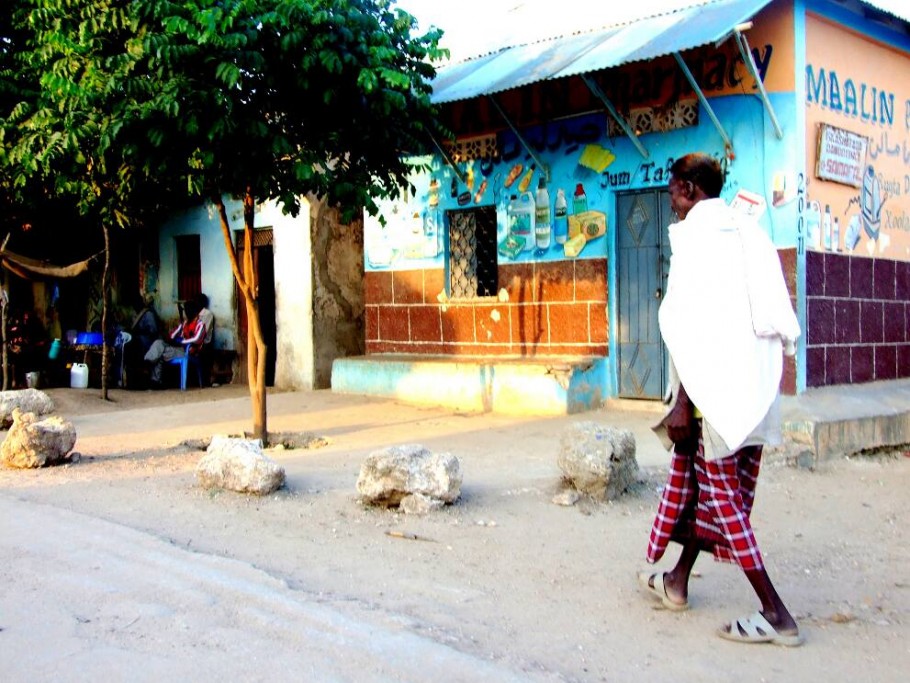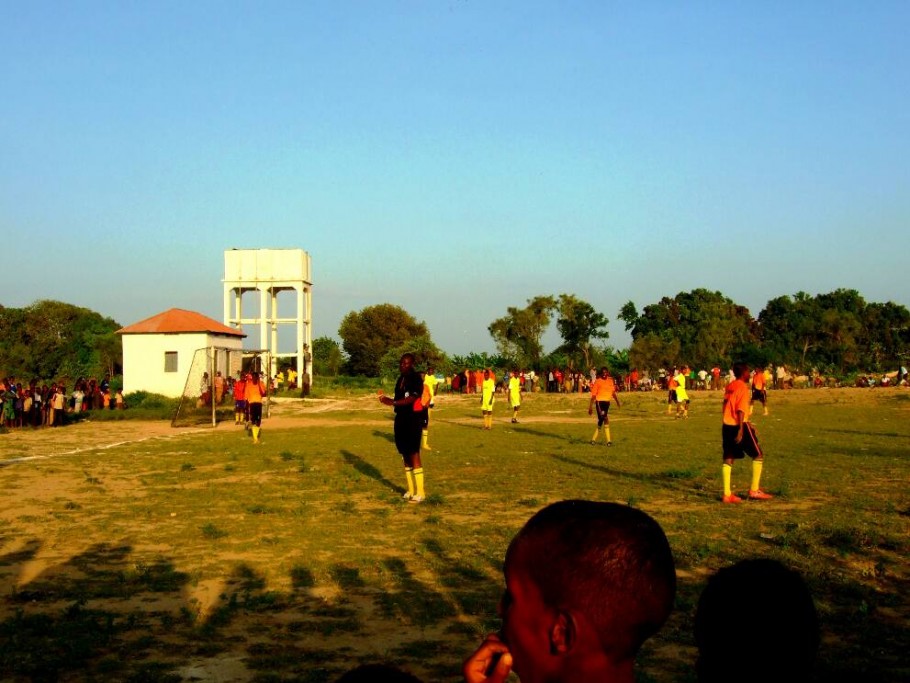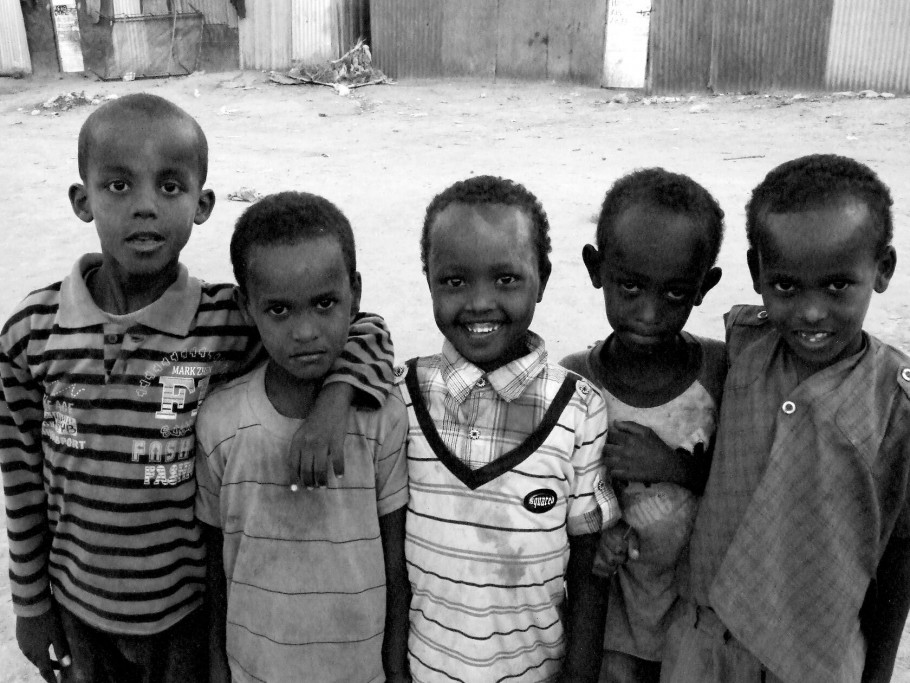I grew up in the sometimes green, sometimes beige rolling hills of Ngong, near Nairobi. When I was a kid, Ngong was so remote and so far away from everything that very few people knew where it was or what happened there. Today, people lovingly refer to Ngong as ‘the diaspora’ because on a good day it can take you two hours to get from Nairobi’s city centre to the heart of the town using public transport. Yet it’s a journey many of my friends blatantly refuse to make even if I am offering them free beer and internet bundles. They will not come here unless they have to. But I digress.
Having lived away from home for over a decade, coming back was, of course, interesting. Everything had changed. Ten years ago Ngong looked like the set of a 1950s western. The whole town consisted of just a bank, a post office, a police station, a supermarket, a slew of watering holes, a barber shop and a salon. Fast forward to 2013. Ngong has grown and expanded and morphed into a bustling town with more than one bank and a taxi rank. I was overwhelmed with all the changes. For years I had lived in small, simple, modern and organised Windhoek, which is nothing like what Ngong is now.
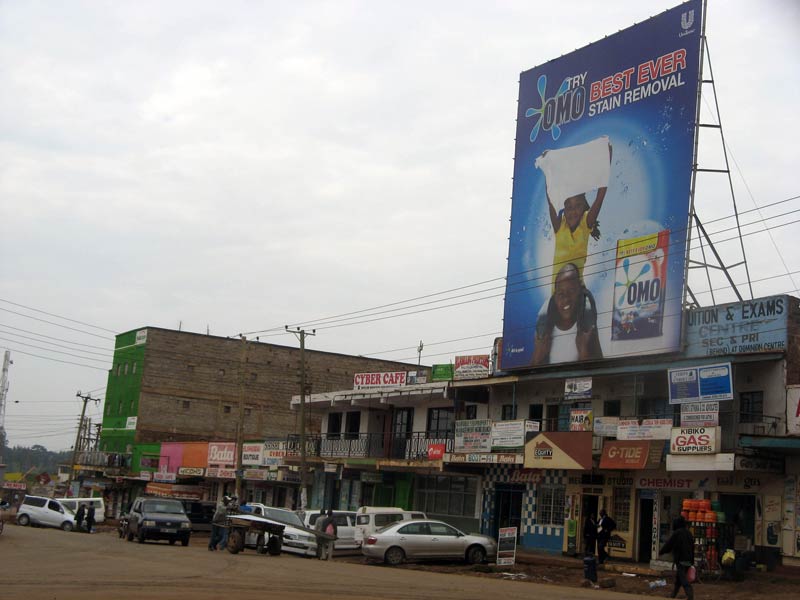
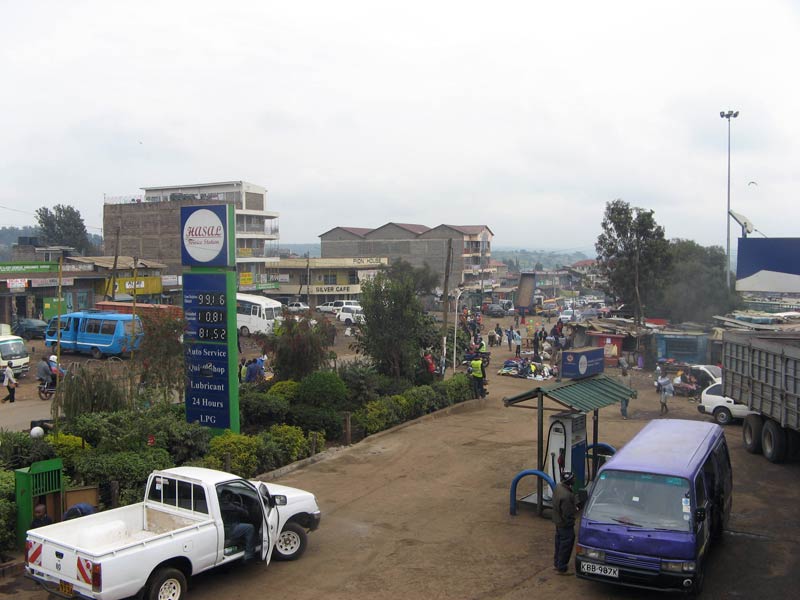
It upset and overwhelmed me how everything had changed seemingly overnight, and that I wasn’t there to witness it. I needed familiarity, I needed to remember what Ngong was like before it was transformed. A month into my visit, while trying not to look like a tourist in my home town, I saw him. And just like that, there was peace once more in my familiar-turned-strange town. He is the village madman. When I call him that, I don’t mean it disrespectfully. Every village has one, they tend to be the mascots of the place. I never knew our village madman’s name while growing up in Ngong, but I could never forget his face.
Now that I think about it, the village madman is who I have to thank for helping me find the courage to live my life on my terms. You see, he is the first adult cross-dresser I ever encountered. It was a Saturday morning and I was probably all of nine years old. As was routine, our house-help Habiba and I trudged to the market bright and early to get the fresh pickings of the day. As Habiba haggled over the price of a cabbage, I saw a man, dirty, disheveled and agitated, walk across the market speaking to his invisible friends. He looked like a man, but he wore a dress and sandals. I think I even saw a hint of a bra strap showing through his floral frock.
“Well, what do you know, do men wear dresses too?” I asked Habiba.
She said simply that he’s mad, and because he’s mad he gets to dress whichever way he wants to. Being a bit of a tomboy myself and not liking dresses and frilly things at that age when all my mother wanted to do was put beads in my hair and wrap me up in something lacy, I thought to myself: “I wonder how mad I have to be to get away with wearing what I want.”
The village madman offered me a different perspective on life and people. Despite the vicious verbal attacks he made at his imaginary companions, no one at the market seemed scared of him. I saw one vendor toss him a tomato and another a banana. He was welcome there, and accepted, and allowed to express himself as much as his energies could allow. At nine years old this was fascinating to watch. The community that let him roam around freely also fed him and kept him clothed. When it was cold he had a warm coat and warm socks. When it was raining, market vendors would let him sleep under their stalls at the close of business. I cannot ever remember encountering him drunk and disorderly anywhere, or sitting idly. He always had somewhere to be and something to do.
In an uncanny way he taught me that we all have a place of acceptance in this world. A safe space. For the village madman, that safe space was the market and Ngong itself. When I realised that my strong feminist views were not commonplace in Kenya or in many of the other African countries I’ve had the opportunity to live in, I sought out such a safe space; a space where I could be a feminist and find acceptance. I found that space in my work at Sister Namibia, and just like Ngong did for the village madman, my job kept me fed, clothed and safe.
When I saw the village madman again that day, ten and some years later, I was so excited. I wanted to wave, but I settled for a smile. He looked blankly at me and went on his merry way, still wearing a dress but much older, still busy and still talking to his invisible companions. Since seeing him, Ngong feels like home again. So here’s to my village madman, whose name I will try and learn, for giving me home back and teaching me that we all can find a place to belong, no matter how odd, different or just plain weird we are.
Sheena Gimase is a Kenyan-born and Africa-raised critical feminist writer, blogger, researcher and thought provocateur. She’s lived and loved in Kenya, Tanzania, Zimbabwe, Zambia, South Africa, Botswana and Namibia. Sheena strongly believes in the power of the written word to transform people, cultures and communities. Read her blog and connect with her on Twitter.
